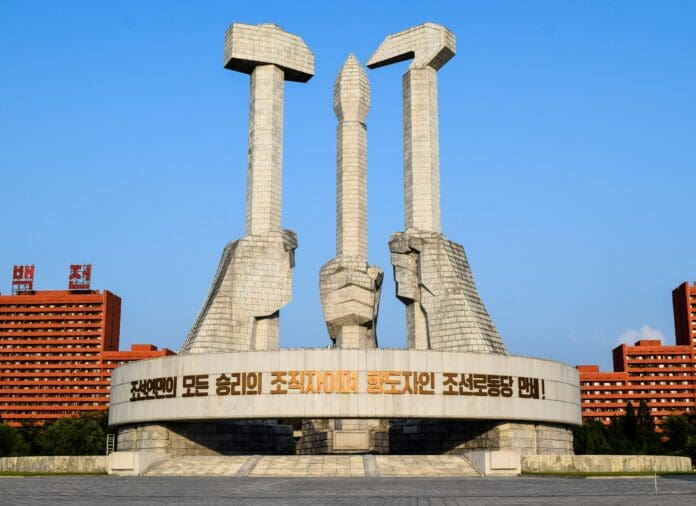This post is also available in:
 עברית (Hebrew)
עברית (Hebrew)
U.S. law enforcement has revealed new details about a sophisticated North Korean scheme in which operatives posed as remote IT professionals to infiltrate blockchain and virtual token companies, ultimately stealing and laundering nearly $900,000 in cryptocurrency.
The suspects—identified as Kim Kwang Jin, Kang Tae Bok, Jong Pong Ju, and Chang Nam Il—allegedly used false identities and forged documents to secure employment with two companies: a blockchain research firm based in Atlanta, Georgia, and a virtual asset company located in Serbia.
According to federal authorities, the operation began in 2019 when North Korean agents relocated to the UAE. From there, they applied for jobs using fraudulent personas. Two were hired initially, with a third brought on later following a peer recommendation—an approach designed to build internal trust within the companies.
Once embedded, the operatives reportedly exploited their roles to access sensitive systems. In one incident, Jong Pong Ju allegedly diverted approximately $175,000 worth of cryptocurrency from his employer in February 2022. A month later, Kim Kwang Jin is accused of tampering with smart contracts, allowing him to siphon off an additional $740,000 in digital assets.
Authorities say the fourth suspect, Chang Nam Il, played a critical role in laundering the stolen funds. After routing the assets through a crypto mixer to obscure their origin, the money was transferred to an exchange using fraudulent Malaysian documents.
The U.S. Department of Justice and FBI noted that this scheme is part of a broader North Korean effort to fund the regime’s operations through illicit cyber activity. North Korea is believed to deploy thousands of skilled IT workers abroad, often under false pretenses, to infiltrate foreign firms and gain access to financial systems.
These cases highlight growing concerns around the intersection of cybersecurity, digital finance, and nation-state threats—issues of critical relevance to governments and private sector actors alike.


























